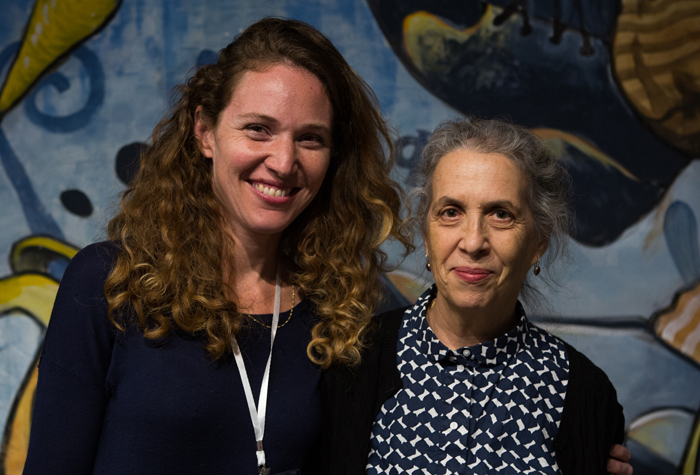Principal Investigator: Talma Hendler. Postdoc Candidate: Neomi Singer
Can we tune into our brains in order to feel better? Our project exploits recent advances in multi-modal brain imaging techniques in order to devise a novel intervention based on brain-computer-interface that will enable effective self-regulation of reward-related circuit.
The overarching goal of this approach is to treat individuals who have difficulties in enjoying or expressing interest in previously rewarding activities - a poorly treated and trans-diagnostic state called anhedonia. Specifically, we are developing a non-invasive, accessible and personalized neurofeedback procedure for training individuals to voluntarily regulate activity in particular brain regions related to reward processing. Embedded in our proposed therapeutic approach is a state of the art new brain-imaging capability, allowing on-line monitoring and modulation of localized deep brain activity via EEG. To augment treatment efficacy, we are also developing engaging and individually tailored rewarding feedback interfaces.
Neomi Singer
Dr. Neomi Singer completed her bachelor's degree in Tel-Aviv University, majoring both biology and psychology and then continued to obtain a PhD in neuroscience in the IDPN-TAU direct PhD Program in Neuroscience. Her PhD thesis, under the supervision of Prof. Talma Hendler, focused on the neural and psychological mechanisms underlying human emotions as they unfold during music listening. She has used multi-modal neuroimaging techniques to unravel the temporal dynamics of neural responses to music in human, and to associate these responses to both the elicited experience and the musical factors that explain such link. She is currently a post-doctoral fellow in the Sagol School of Neuroscience, as part of the “BrainBoost” initiative and under the joint supervision of Prof. Talma Hendler from Tel Aviv University and Profs. Robert Zatorre and Alain Dagher from McGill University. She is also a lecturer in a collaborative course between Sagol School of neuroscience and Buchmann Mehta School of music in Tel Aviv University. She aspires to continue the study of cognitive neuroscience of music with a translational focus, aiming to develop rigorous neural-based music interventions.


